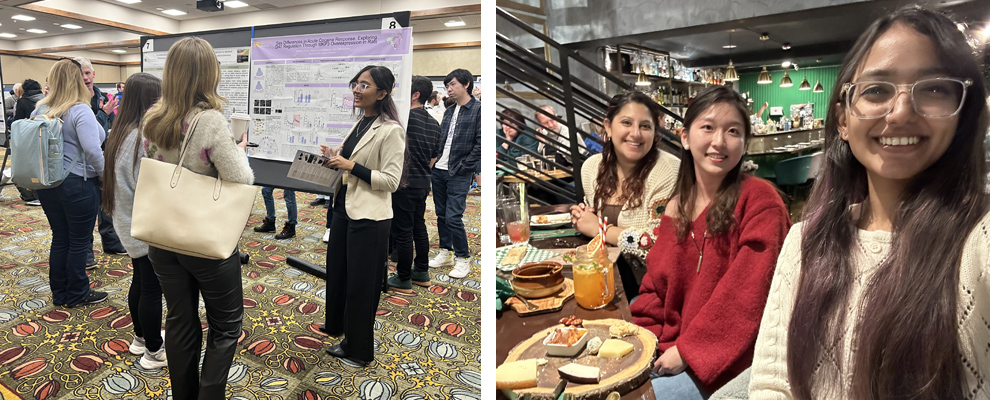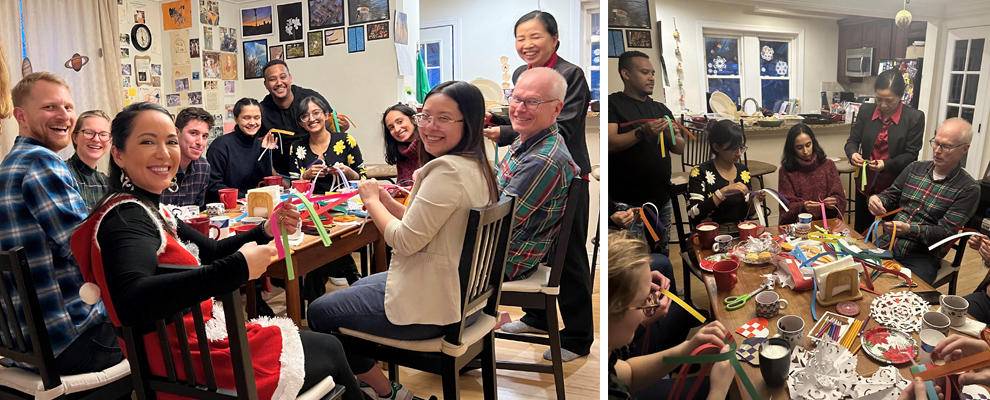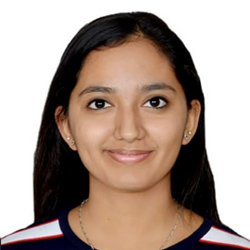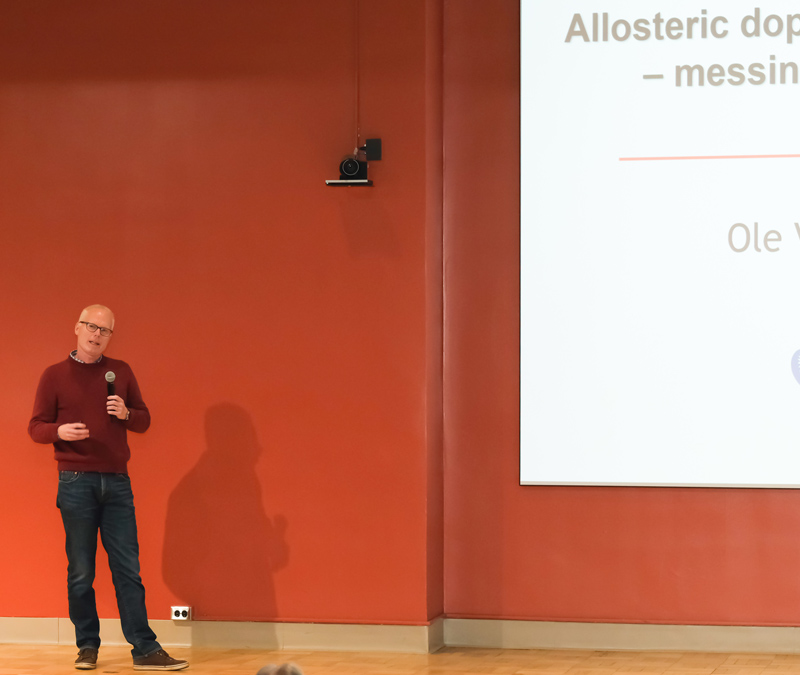The overarching goal of our research is to develop a clear understanding of the molecules and pathways involved in the pathoetiology of brain disorders and to use this information to develop new therapeutic targets.

More specifically, we are focusing our research on the monoamine neurotransmitters dopamine, serotonin, and norepinephrine that all play a central role in modulating most brain activity. We are interested in understanding the regulation of monoaminergic neurotransmission at all levels from the molecular level where we study monoaminergic proteins to the systems level where we study behaviors modulated by monoamines.
At the protein level, we are exploring the monoamine transporters (MATs), including the serotonin transporter (SERT), the dopamine transporter (DAT), and the norepinephrine transporter (NET). DAT, NET, and SERT serve a pivotal role in limiting monoamine-mediated neurotransmission through the reuptake of their respective neurotransmitters, and they are targets of some of the most effective and powerful psychoactive substances including antidepressants and psychostimulants. We are employing structure/function studies, molecular modeling and, in silico virtual drug screens to study transporter function and pharmacology. This work will position us to better understand how MATs in novel ways can be targeted therapeutically to treat mental disorders that involve monoamine signaling, including depression, ADHD, schizophrenia, impulse control disorders, and drug and alcohol abuse.
At the systems level of monoaminergic behaviors, we are currently focused on understanding what role long-term molecular adaptations in monoaminergic neurons play in psychostimulant addiction. We are developing and employing state-of-the-art, viral-based genetic tools that are designed to only target and modulate intracellular signaling in specific types of brain cells such as dopaminergic neurons. We believe this work has the potential to lead to novel therapeutic avenues for treating psychostimulant addiction. We also believe this strategy is not limited to studies of drug addiction and our studies will eventually be expanded to understand how intracellular signaling in particular neuronal populations contribute to various disease states of the brain including psychiatric disorders and neurodegenerative diseases such as Parkinson's, Alzheimer's and Huntington's.
News and Announcements
January 27 - February 1, 2024
The lab was well represented at the Winter Conference on Brain Research (Winter Brain). View more photos.

December 14, 2023
The Mortensen Labs had a holiday get-together.

December 7, 2023
Stacia, Christina, Delaney and Ole published a paper in collaboration with Rodrigo España on MKP3 mediated regulation of dopamine signaling and motivation for cocaine. (https://www.jneurosci.org/content/early/2023/12/05/JNEUROSCI.0727-23.2023)
September 1, 2023
Drug Discovery and Development MS student Henok Ermias joined the lab. Welcome!
March 17, 2023
Ole and Shaili published a book chapter titled “Discovery and Development of Monoamine Transporter Ligands” in Drug Development in Psychiatry, a part of the Advances in Neurobiology book series (https://link.springer.com/chapter/10.1007/978-3-031-21054-9_4).
On January 1, 2023, Pharmacology and Physiology MS students Adele Yang and Rashmi Tantri joined the lab. Welcome!


November 4, 2022
Ole gave a talk and Clara and Christina presented posters at the Annual Meeting of the Mid-Atlantic Pharmacology Society (MAPS).

October 14, 2022
Clara passed her qualifying exam and is now officially a PhD candidate. Congratulations!
September 30, 2022
Ole and co-PI Dr. España were awarded a R21 grant from NIDA.
See more News and Announcements
Back to Top